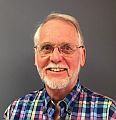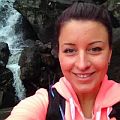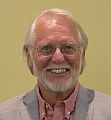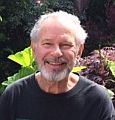GROUNDWATER LICENSING IN BRITISH COLUMBIA: “The Water Sustainability Act removed the wild west free-for-all that had prevailed when capturing groundwater under common law was deemed a right,” stated Donna Forsythe, a former civil servant in the Ministry of Environment and Climate Change Strategy, in an Op-Ed published by the Vancouver Province newspaper and co-authored with Mike Wei and Ben Parfitt (June 2021)

“The old regime effectively ignored the risks of aquifers being depleted and groundwater pumping affecting stream flows. Now, groundwater users play by the same rules as surface users who withdraw water from rivers, streams and lakes and have long been required to have licences. The new law exempts homeowners using well water or groundwater for domestic purposes from applying for licences, but requires all “non-domestic” groundwater users — mining companies, pulp and paper companies, farmers, water bottlers and others — to do so,” stated Donna Forsythe.










